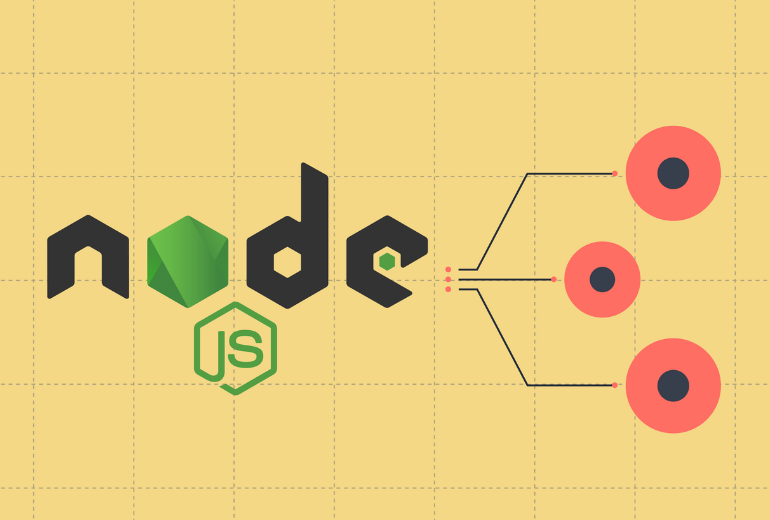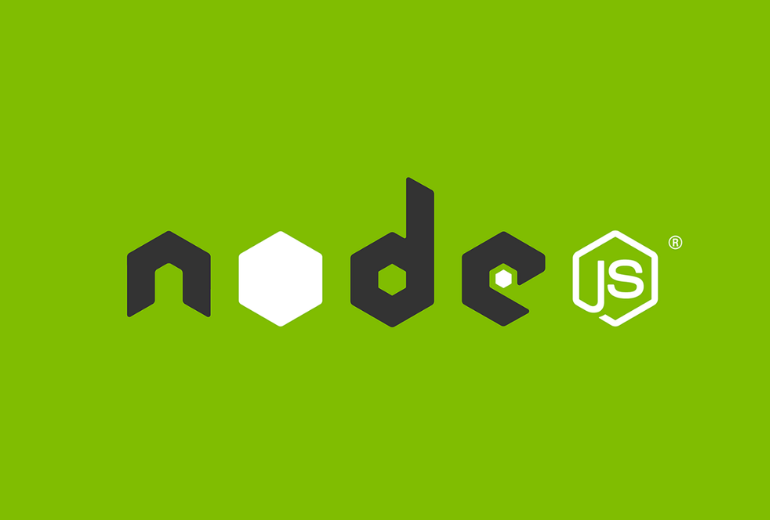Node.js is an open-source, server-side runtime environment that allows developers to build scalable and high-performance web applications. It uses JavaScript as its scripting language, enabling both front-end and back-end development within a unified environment. With its event-driven, non-blocking I/O model, Node.js excels at handling concurrent connections and processing requests efficiently.
Understanding the Basics of Node.js:
In this section, we'll explore the core concepts of Node.js. We'll discuss how it utilizes the V8 JavaScript engine to execute code, its single-threaded event loop model, and the role of modules in extending its functionality. Additionally, we'll cover how Node Package Manager (NPM) facilitates package management and dependency resolution in Node.js projects.
Building Scalable Web Applications with Node.js
Node.js shines when it comes to developing scalable web applications. Its asynchronous nature allows it to handle a large number of simultaneous connections without blocking the execution of other operations. We'll delve into the architecture of Node.js applications, including the use of callbacks, event emitters, and promises to handle asynchronous tasks. We'll also touch upon concepts such as clustering and load balancing to maximize the scalability of Node.js applications.

Exploring the Ecosystem of Node.js Modules and Libraries:
One of the strengths of Node.js is its vast ecosystem of modules and libraries, which greatly simplifies development tasks. We'll explore popular Node.js modules and libraries, such as Express.js for building web servers, Socket.io for real-time communication, and Mongoose for MongoDB integration. Additionally, we'll discuss how to leverage NPM to discover and install these modules in your projects.
Advantages of Node.js for Web Development:
- Efficient and Scalable
- JavaScript Everywhere
- Vast Ecosystem
- High Performance
- Real-time Communication
- Microservices Architecture
- Developer Productivity
Best Practices and Tips for Working with Node.js
To ensure efficient and maintainable Node.js code, it's essential to follow best practices. We'll cover important considerations such as error handling, modular code organization, security practices, and performance optimization techniques. Additionally, we'll provide tips for debugging Node.js applications and using development tools like REPL (Read-Eval-Print Loop) effectively.
“Node.js is a real opportunity to make it easier for developers to build high performance applications and get it running onto the web in a really scalable way to deliver value o end users.”
Conclusion
Harnessing the Power of Node.js for Modern Web Development: In conclusion, Node.js has revolutionized web development by enabling the use of JavaScript on the server-side and providing a powerful, scalable runtime environment. Its unique architecture, extensive ecosystem, and advantages make it an ideal choice for building modern web applications. By leveraging Node.js, developers can streamline their workflows, enhance performance, and deliver feature-rich applications to meet the demands of today's fast-paced digital landscape.

